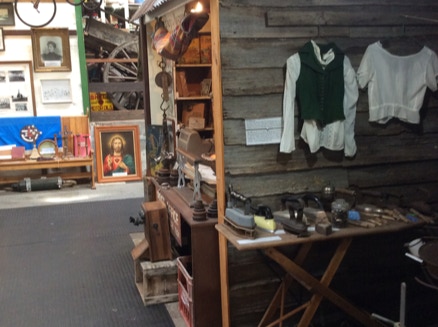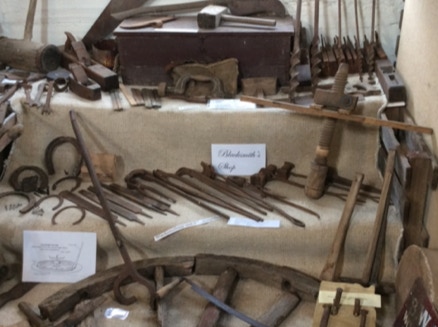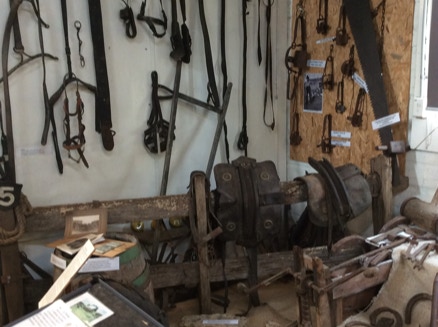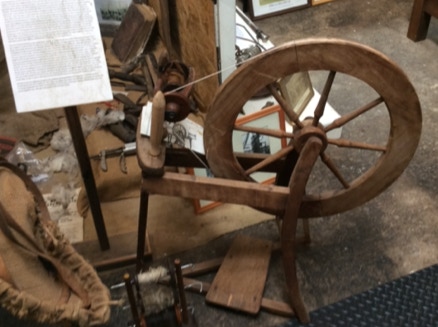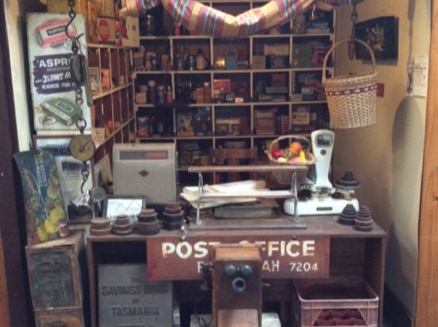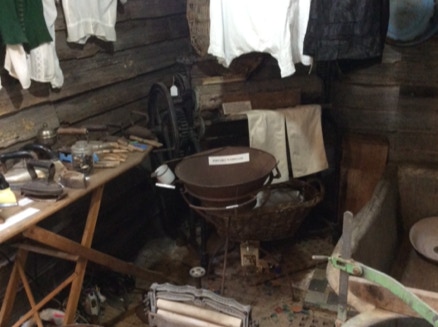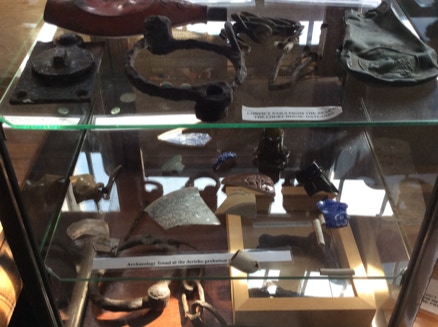Maps, Charts. and Trees
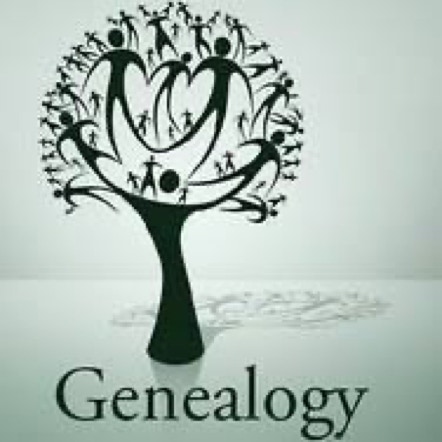
Image ~ Josephine Alvarez via clipartfest.com
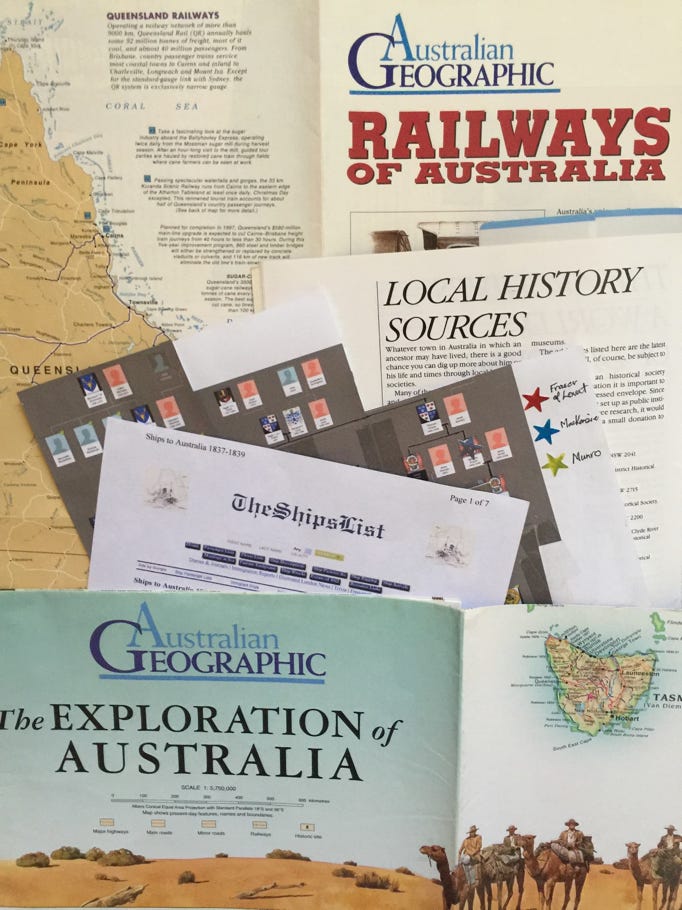
I have never been solely interested in locating the names and dates that are linked with people on my family tree. I wanted to learn something about what life was like for my ancestors so I researched the places that they lived, and what was occurring around them. The stories on these pages include some of the social, political, and cultural influences on peoples lives as well events of historical importance.
My research has embraced not only the paternal line that this website is focused on, but also that of my maternal line. Fortunately there was a wealth of oral and written history available about both the Stephenson and Sheahan branches of my mother’s family. The results of any ongoing family history research were shared with my mother, who proudly passed on any new information to her children.
When I married in 1980 I set about collecting as much of my husband’s family history as I could. Once again I encountered a wealth of oral and written history, and people ready to share it with me. For years I was happily employed collating and charting information and materials from the multiple branches of my children’s family tree. However, throughout this time I was always very conscious of the paucity of knowledge about my father’s family, the Frazers and the Grants.
I did not begin to use a personal computer until the 1990s, which was decades after I started researching of my family history. Before the wonder of online research I collected oral histories, haunted libraries, visited museums, pored over maps, wrote letters of enquiry and occasionally made long distance phone calls. I found also, that scouring the shelves of second-hand bookshops often yielded treasures of information about local and social history.
Even now, I find that a visit to a Library (in person or online), and making contact with a Local History Group, are among the most rewarding research resources. Many regional libraries have dedicated local history sections with staff specially trained to assist in that area. The staff of the Ipswich Central Library, the Goulburn Mulwaree Library, and the State Library of Tasmania, who have helped me in recent years were all outstanding in their skills, their interest, and their encouragement.
In the same way that many people enjoy spending time doing crosswords, ‘sudokuing’, or playing a favourite computer game I just love to spend time on Trove. It is a free search engine created by the National Library of Australia and launched as Trove in November 2009. http://trove.nla.gov.au/ “Trove takes users straight to the source – not just to a list of websites – and allows them to search across pictures, unpublished manuscripts, books, oral histories, music, videos, research papers, diaries, letters, maps, archived websites and Australian newspapers from 1803 to 1954.” https://www.nla.gov.au/media-releases/trove-a-revolutionary-new-free-search-engine
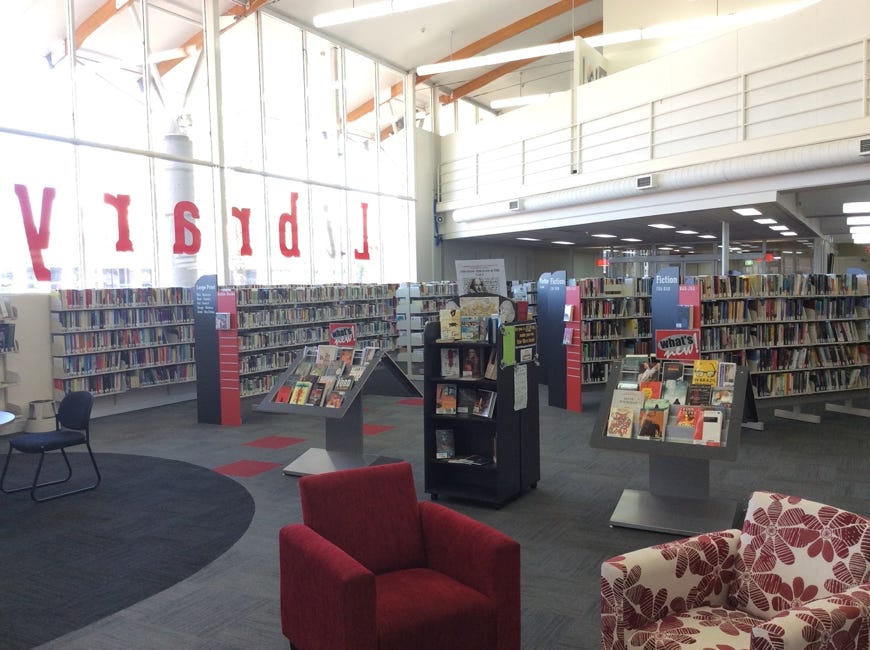
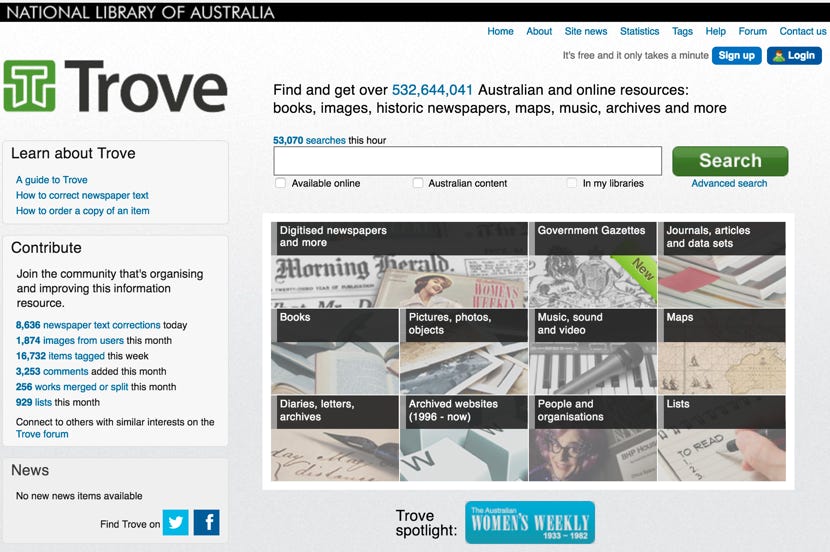
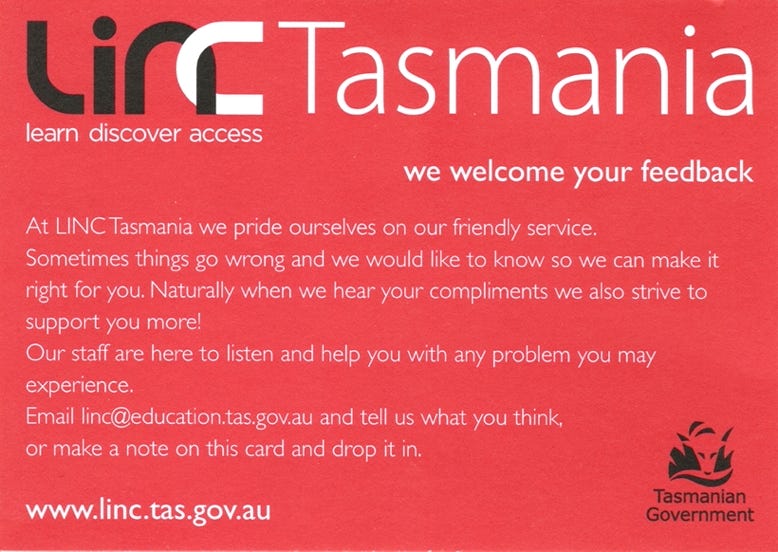
LINC Tasmania brings together State Library of Tasmania, Tasmanian Archive & Heritage Office, Adult Education (LearnXpress) and Online Access Centres.
RESEARCH Part A.
- RESEARCH - Questions and Inspiration.
- RESEARCH - My curiosity & my many collections.
- RESEARCH - Religion, Politics and the Great Pumpkin
- RESEARCH - The Orange and The Green.
- RESEARCH - Why did they leave? Where did they go?
- RESEARCH - Acknowledgement of Traditional Owners.
- RESEARCH - Stewart and Doody - a puzzling pair.
- RESEARCH - Maps Charts and Trees.
- RESEARCH - Snippets from here and there, and a red herring Z.
- RESEARCH -The 1990 Frazer Reunion, and how we got our Z.
- RESEARCH - Searching for Ships.
- RESEARCH - It’s time to forget about it, or to ‘go it alone’.
- RESEARCH - What, no Glenfiddich or Tullamore Dew?
- RESEARCH - Questions remain: Why did they leave? Was Holt his name?
- RESEARCH TRIP 2016 - They struck out from Sydney.
- RESEARCH TRIP 2016 - He married a Marks.
- RESEARCH TRIP 2016 - They moved on again.
- RESEARCH TRIP 2016 - The Grant/Gorman family of Harden-Murrumburrah
- RESEARCH - Acknowledgement of Traditional Owners.
- RESEARCH TRIP 2016 - An 1874 Tall Ship - The James Craig
- RESEARCH - Could I be right? What do you think?
- RESEARCH TRIP 2017 - The Maritime Museum of Tasmania and the Lady Nelson
- RESEARCH TRIP 2017 - Hobart: A Monument, Land Grants, and Maps.
- RESEARCH TRIP 2017 - Hobart: St David’s Park
- RESEARCH TRIP 2017 - Hobart to York Plains, Home to the Holt and Peters families
- RESEARCH TRIP 2017 - Heading home with questions and a task or two.
- RESEARCH - Plan B - A public website.
- RESEARCH - Choose your own adventure



